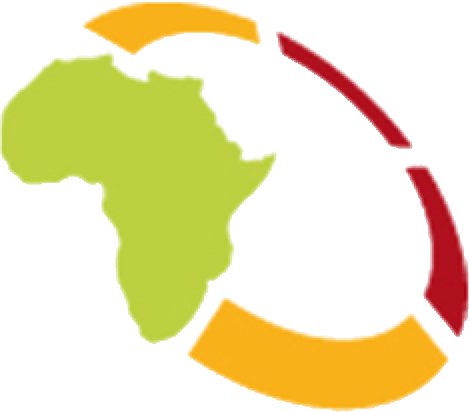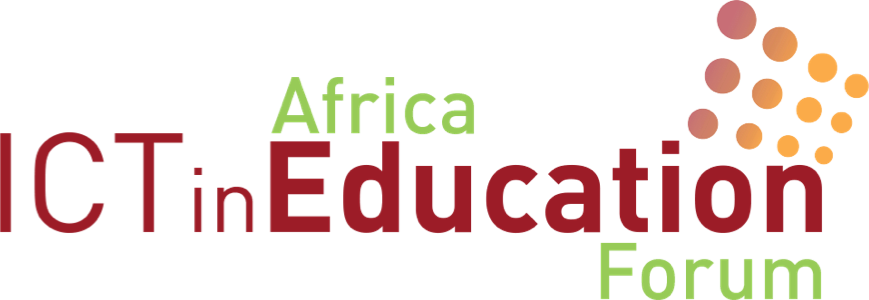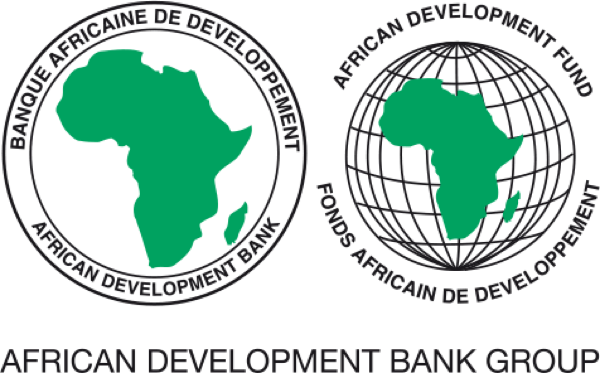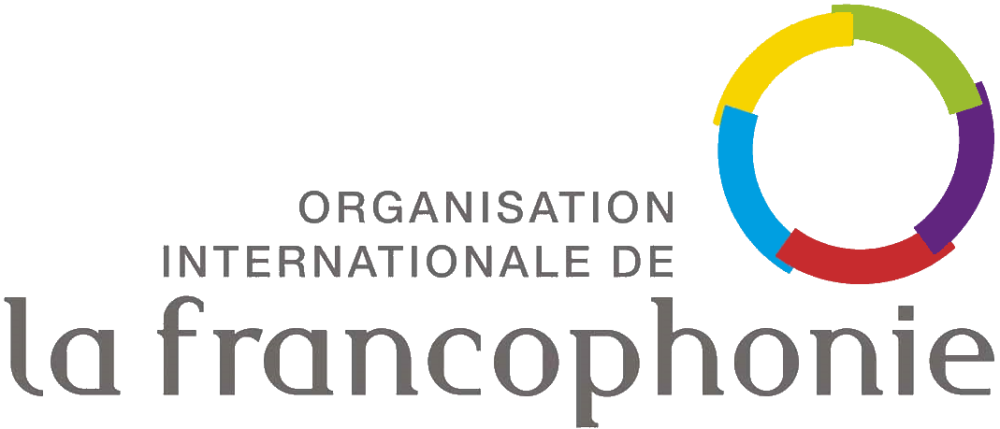About the ICT Forum
The African Ministerial Forum on ICT Integration in Education and Training is a regional policy dialogue mechanism created by the Association for the Development of Education in Africa (ADEA), the African Development Bank Group (AfDB), the United Nations Educational, Scientific and Cultural Organization (UNESCO) and their partners to assist member states to harness the potentials of ICT to achieve the goal of inclusive and equitable quality education and life-long learning for all.
Launched in Tunis on December 9th to 11th, 2013 as the first Ministerial Forum, the mechanism brought together policymakers, experts, academia, research institutions, development partners and representatives of ICT in the private sector and civil society organizations, providing a platform for regional high-level policy dialogue and knowledge sharing on how to effectively and efficiently integrate ICTs into:
- providing universal access to quality education and relevant lifelong learning opportunities to all Africans;
- equipping learners with skills that empower them to become full actors of knowledge society; and
- promoting, through education, a culture of digital literacy and creativity necessary for Africa to build innovation capacity for the ICT industry.
The forum also aims at providing a setting for incubating partnerships and projects that could potentially be supported by relevant actors and stakeholders.
Two years have passed since the first edition. Meanwhile, the Millennium Development Goals (MDGs) came to an end and the African Union Commission (AUC) announced its vision for the continent (Agenda 2063), and followed through with the development of a Science, Technology and Innovation (STI) Strategy for Africa (STISA 2024), a Technical Vocational Education and Training (TVET) continental strategy and the Continental Education Strategy for Africa (CESA 2016-2025) adopted at the Summit of African Union Heads of State and Government in January 2016 as the Framework for Transformative Education and Training System. At international level, the global community endorsed a new and ambitious development agenda in September 2015, commonly referred to as the 2030 SDGs Agenda. All above mentioned development agendas stress the critical role ICTs can play in achieving development goals in general and in improving quality, access and equity of education and training systems in particular.
On another note, the recently published World Bank’s World Development Report: Digital Dividends stipulates that digital divides between Africa and the rest of the world and within Africa - across generations and rural and urban areas and social groups - remain considerable. In other words, a lot still needs to be done in Africa to effectively and efficiently leverage ICTs to achieve education policy objectives and, subsequently, social and economic development goals.
The World Bank report’s statement applies also to the education and training sector where one notices the mushrooming of pilot and small-scale projects and among these projects, very few become large-scale national initiatives that can help achieve educational goals and democratize access to Internet and technology beyond the educational environment. The multiplicity of ICT integration in education projects, designed and developed by development cooperation partners and which are not necessarily talking to each other, coupled with the lack of large scale national ICT in education initiatives, are the outcome of the following shortfalls:
- African governments and ministries in charge of education and training still require technical support for developing and implementing national ICT in education and training policies and strategies;
- At national level, lead actors and stakeholders are still working in silos, preventing the emergence of ecosystems necessary for effective ICT integration;
- When designing ICT integration, main focus remains the system at central level, very few initiatives are teacher- and school-driven;
- Lack of articulation and alignment between ICT in education strategies with national development policies;
- The absence of models with clear definitions for ICT integration in education and how such can be evaluated and measured for better planning and implementation;
- Lack of ownership of ICT in education projects at central and local levels.
It is in this framework, and as a follow up to the first forum held in Tunis in 2013, that the Government of Côte d’Ivoire through the Ministry of National and Technical Education is hosting the 2nd African Ministerial Forum on ICT Integration in Education and Training in Abidjan from 8th to 9th June 2016, co-organized by ADEA, GeSCI, AfDB, Intel and OIF.












